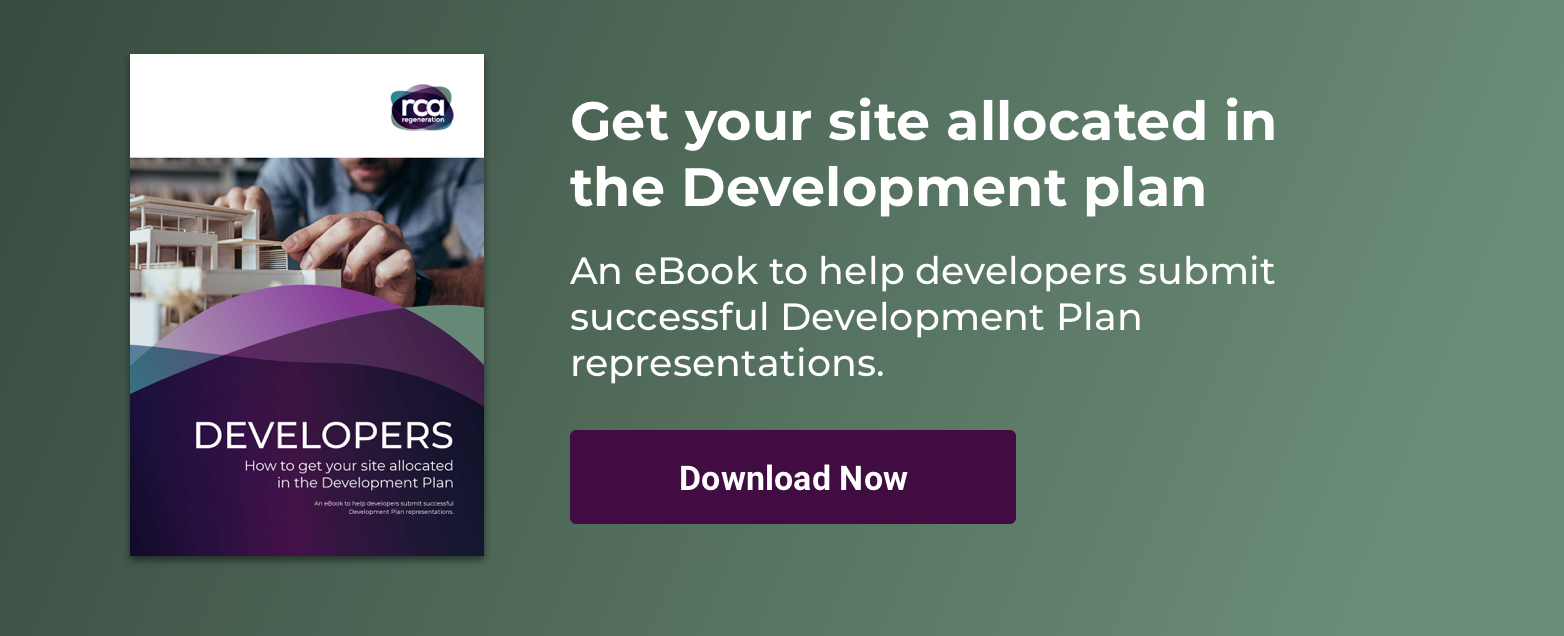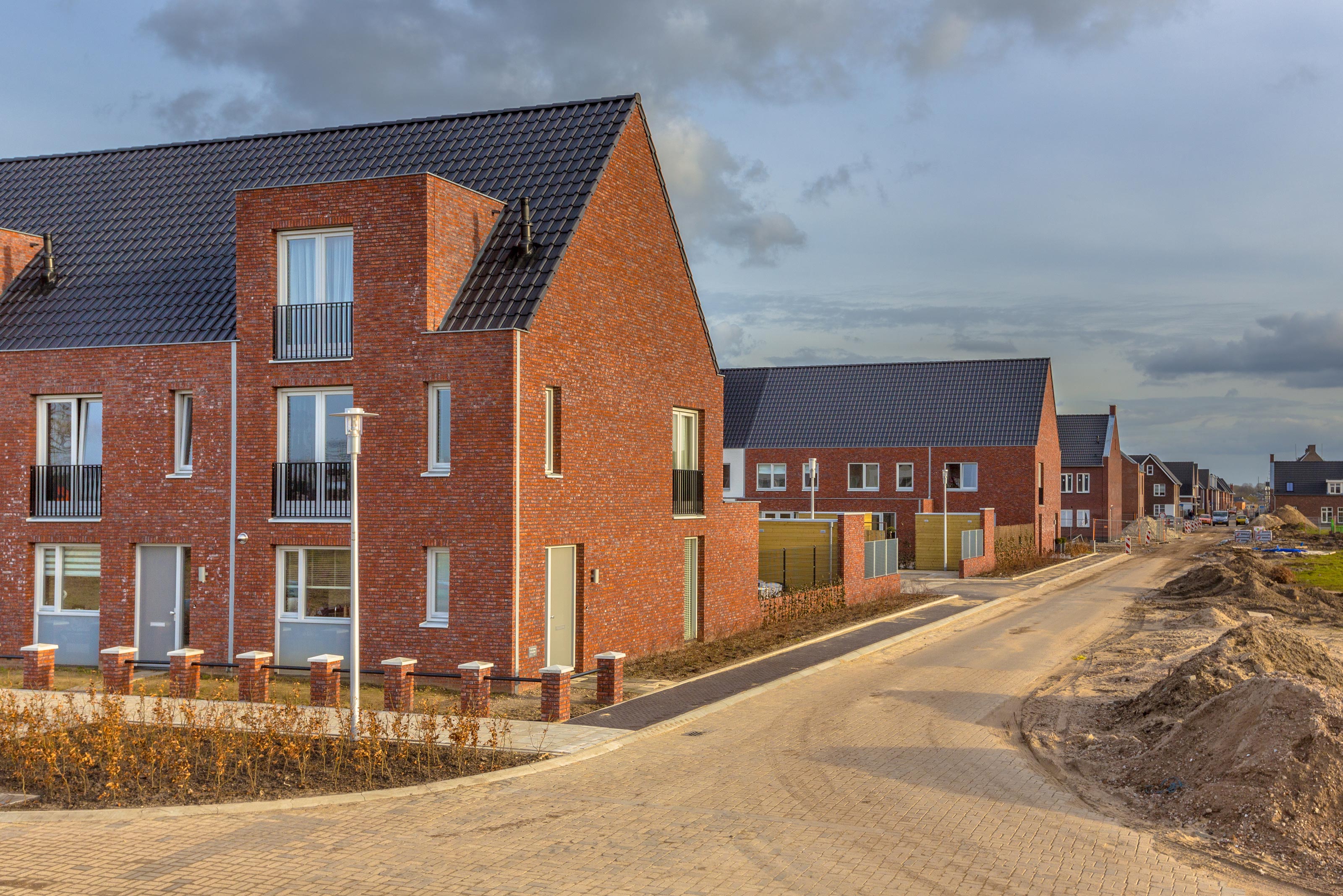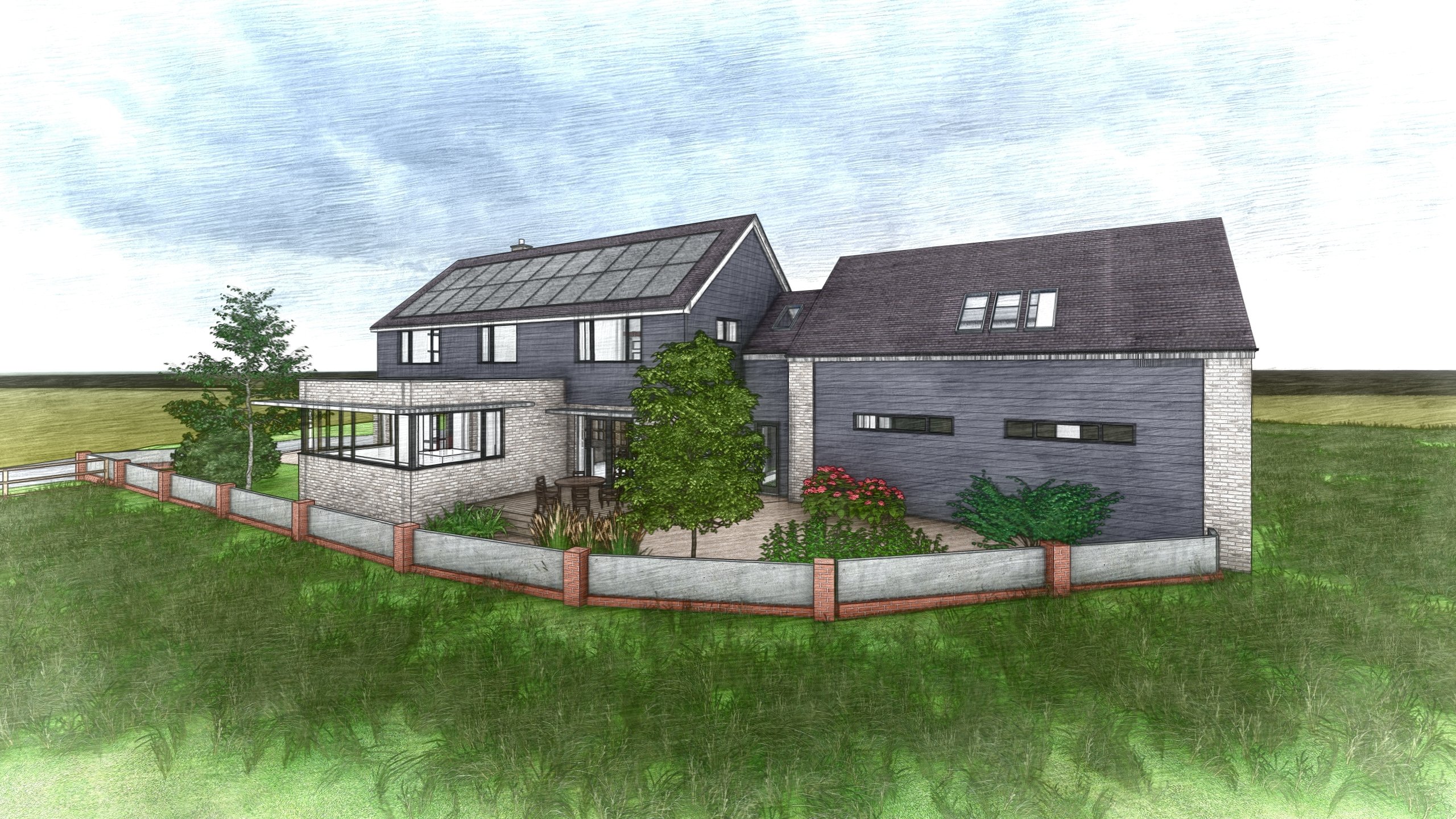Max Your Chances of Planning Appeal Success: The Specifics of Written Representations
Article written by:
Sian Griffiths
If you have had a planning application rejected, you may want to consider resubmitting if there is a genuine possibility of making changes to meet the requirements of the council. If you are long past that point, you may wish to consider an appeal. There are three routes to a planning appeal, and the Planning Inspectorate (PINS) have the final say in which route is taken.
- Written Representations
- Hearings
- Inquiries
Written Representation
Written representations are the most common route for planning appeals, and generally relate to minor development schemes of up to 15-20 units. It is generally the case that the simpler and/or more minor the scheme, the more likely it will be determined via Written Representations.
This form of appeal requires you to provide written evidence to PINS setting out robust and evidenced justification, for why a refused planning application should be allowed.
It is crucial to submit all written evidence first-time in the case of householder appeals; as additional written evidence cannot be sent after the appeal form has been submitted.
What should be included in Written Representations?
You must directly address reasons for refusal that the Council has identified, as set out in the original Decision Notice. It is not advisable to raise new issues or go on at length on matters that are not in dispute. Focus on the main points of concern set out by the council.
The first step in preparing written representations appeals is justifying that you are policy compliant as far as possible, and that any conflict with the Development Plan (and any other relevant documents) can be seen to be outweighed by the positives of the scheme.
This is known as the ‘Planning Balance’ and assists the Inspector in determining the appeal.
The intrinsic aim of Written Representations is to outline, in-depth, the grounds for appeal and argue for the development being permitted. For simple schemes this may not take up much space in terms of pages – and that is fine.
A planning application may have been rejected by the LPA for one or more of the following reasons - therefore necessitating a written representation appeal:
- Character and Appearance - You may for example, need to address design issues within your appeal statement, and how the scheme might relate to the established character of the wider area. If the proposals are different to this, explain why the proposals are not harmful.
- Living Conditions - This may require you to demonstrate that the proposals will not harm the living conditions of future or existing/neighbouring residents.
- Highway and access Issues - The Council may determine that your proposed road layout could cause congestion or have a severe impact in highways terms. In addressing this, further proof of mitigation against this may need to be included in the written evidence
- Ecological impact - Again, further proof of mitigation measures against ecological harm may need to be demonstrated. Are the supposed negative ecological impacts of the scheme outweighed by the benefits? Generally, if no evidence is put forward in ecological terms, but the council have asked for it because there are habitat(s) within the site boundary, an appeal is unlikely to succeed.
- Heritage issues - If a development proposal negatively impacts upon a heritage asset (e.g. a listed building or scheduled ancient monument), there are differing levels of harm, as set out at chapter 193 of the National Planning Policy Framework (NPPF).
The siting of a heritage asset in proximity or within your development site does not immediately prevent development proposals coming forward and, in these cases, any harm to, or loss of, the significance of a designated heritage asset should require clear and convincing justification. Once again, the balance of public benefits against harm will be a key consideration here.
You should note that many appeals fail because of a lack of robust evidence or well-reasoned argument, but because they are determined by an independent Inspector will not be swayed by political views. Inspectors look at the facts of the case and are not motivated by non-material planning considerations. You may find you have a better chance at appeal in some cases.
It is important to note, that that the final decision on all appeals lies with the Inspector.
This is where RCA can help
To create and submit a Written Representation it is very likely that you will benefit from expertise and input from an independent planning consultant.
We also specialise in Hearings and Inquiries for more complex matters and offer an expert witness service on matters including general planning issues, 5 year housing land supply, deliverability and development viability. We have also got a strong track record in securing costs awards for our clients at appeal.
RCA Regeneration is here to help.
To find out more, please call the knowledgeable and helpful RCA team on 01905 887686 or email info@rcaregeneration.co.uk
Can an Independent Planning and Development Consultant Confirm Your Judgement?
Let’s begin by assuming that you have identified one or a number of potential development sites, and that you’ve already undertaken due diligence research.
Within this...
The Benefits of Public Consultation
As a developer you’ll want to have the best possible relationships with local authorities, landowners and local residents near to (and possibly even occupying) the site...
Plans, Delays and Recoveries
So now we await a return to normality that may never really arrive. Cummings’ trip up north may have heralded a relaxation of the government’s lockdown and a move...
RCA's response Levelling-up and Regeneration Bill: Reforms to National Planning Policy
We’ve responded to the National Planning Policy Framework consultation.
This representation is made by RCA Regeneration Ltd in respect of the “Levelling-up and...
5 Key Steps to Getting Your Planning Application Passed
Achieving planning consent is not just about what your scheme looks like, it is about a lot more. The context within which your application is submitted is incredibly...
CDM 2015 for Clients: Key Legal Duties in Construction and Design Management
Health and Safety is something that is central to the way that we operate at RCA Regeneration, responsible design and development should be at the heart of every...









Leave a Comment